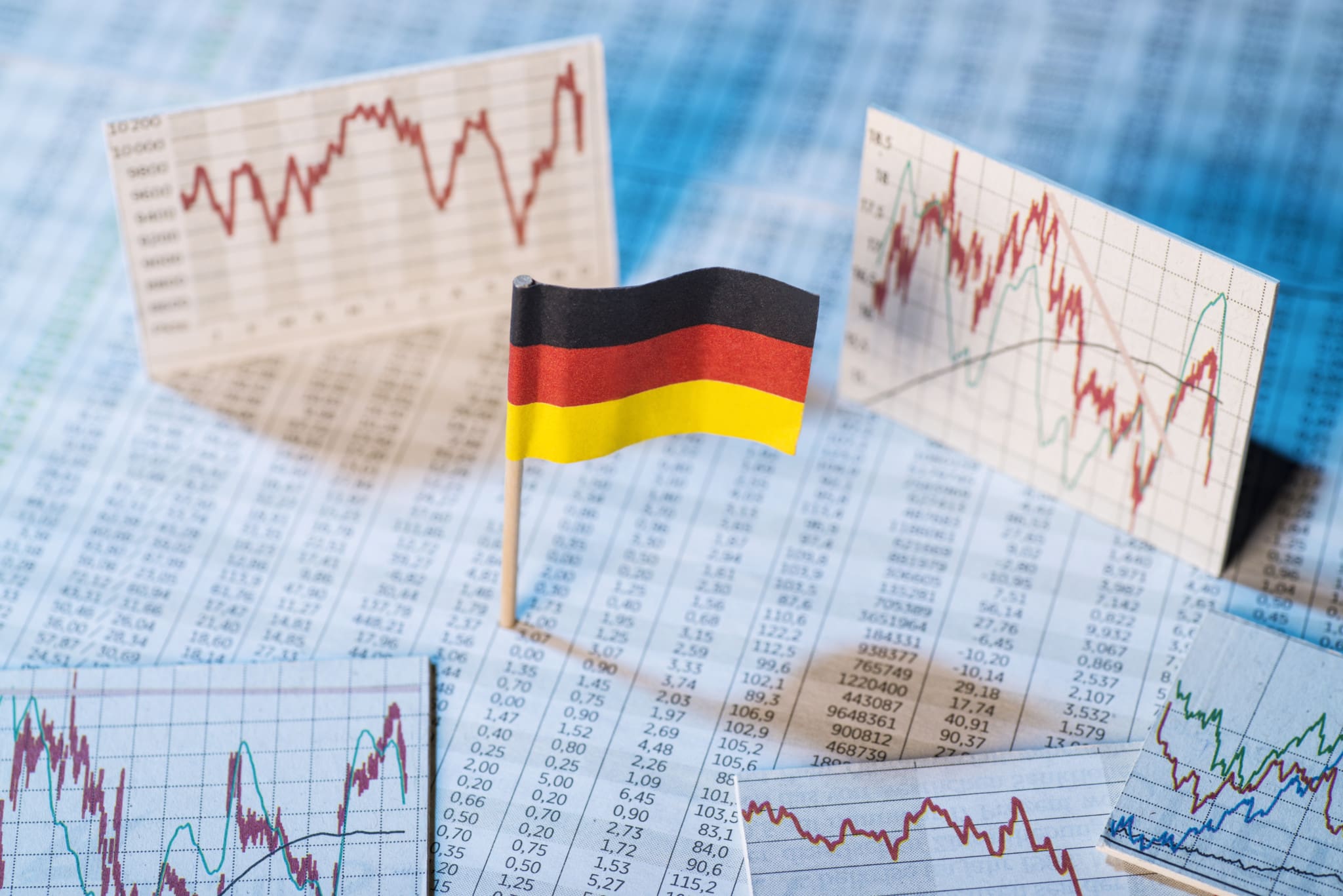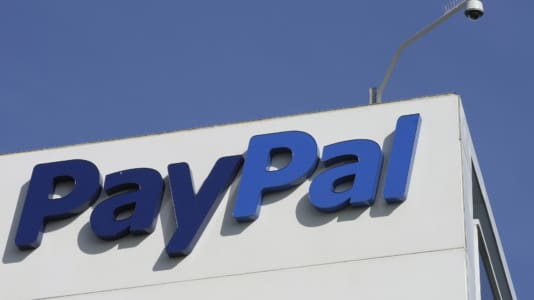Producer prices rose 45.8 percent in August compared to the same month last year, with the jump showing the sharpest increase since records started being kept in 1949.
The incredible level of prices that companies are now paying for materials, energy, and logistics is leaving many of them with a bitter choice: Either pass prices on to consumers who can ill afford it or risk ruining their own profit margins and potentially face bankruptcy.
The number of 45.8 percent contains within it the risk of a social and economic explosion in the coming months. While producers may be paying 45.8 percent more, consumers have not yet seen that kind of increase in inflation — yet. Producer prices are generally believed to rise first before those higher costs develop into general inflation.
[pp id=48504]
The costs for producers are not only rising year over year, but also month to month, with prices jumping 7.9 percent in August compared to July. This figure was also the highest value ever measured in this category, according to data from the Federal Statistical Office (Destatis).
The biggest factor in the jump in costs comes from the energy sector, with the price of oil, gas, electricity, and other types of energy rising 139 percent. However, this sector touches nearly every other sector, including agriculture, manufacturing, and chemical production. Compared to 2021, electricity prices alone have risen 174.9 percent.
Some companies have reacted to this jump in energy prices by simply shutting down production, such as the world’s largest steel company, ArcelorMittal.
“Production in Germany is currently no longer competitive,” said Reiner Blaschek, the CEO of ArcelorMittal Germany, which recently shut down two plants in the country. He is calling for quick political intervention, saying, “We need competitive energy prices for industry.”
It is not just one company ringing the alarm bell either, but also business associations representing hundreds of companies.
“More and more companies are telling us that they no longer have a supply contract for electricity or gas at all. The tap is turned off in the truest sense of the word,” said Peter Adrian, the president of the Association of German Chambers of Industry and Commerce (DIHK), while speaking with the RND newsroom. “But without energy, no economy can run.”
Besides energy, industrial prices are still far higher than a year ago, with the producer price index rising 14 percent year-over-year. There may be some areas where prices are sinking, but economists remain surprised by how persistent inflation remains.
[pp id=48209]
“An unbelievable price shock,” commented LBBW economist Jens-Oliver Niklasch on the development to German news outlet T-Online. “None of this bodes well for inflation, it’s here to stay.”
According to Destatis, consumer prices have risen 7.9 percent compared to the previous year, but consumers are likely to be hit with further price increases in coming months. In addition, the country’s popular 9-euro ticket and automobile fuel discounts have both already expired, which according to Deutsche Bundesbank, Germany’s central bank, will further drive inflation to “advance into the double-digit range in the next few months.”
Companies are also living under fear of having to hike the prices of their products, as they believe such price increases will lead to a reduction in demand. In other cases, companies are locked into long-term contracts that prevent them from rising prices. Nevertheless, over the long term, companies will either have to increase prices or face severe financial consequences.
According to the Ifo Insittute, 47.5 percent of all companies have already announced price increases in August, and nearly half say they intend to raise prices further.
“Unfortunately, there is no end in sight to the wave of inflation,” said Ifo economic chief Timo Wollmershäuser.






